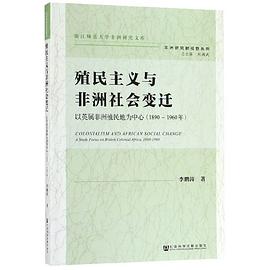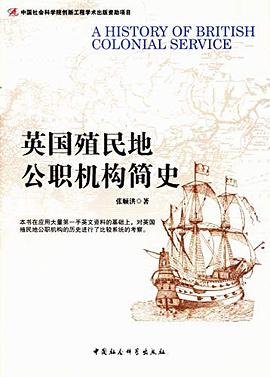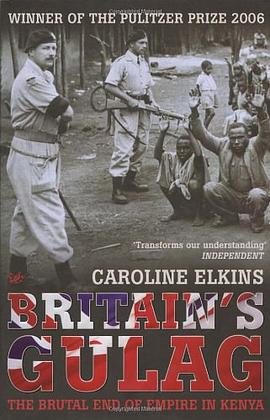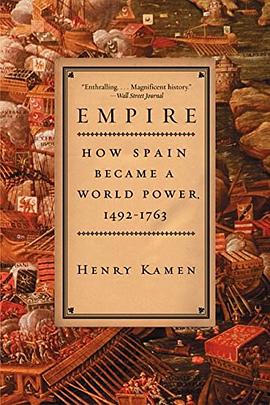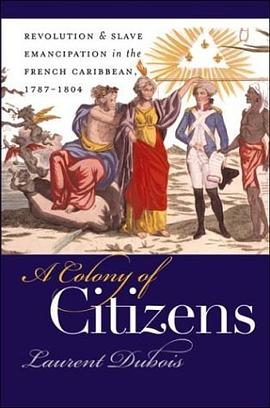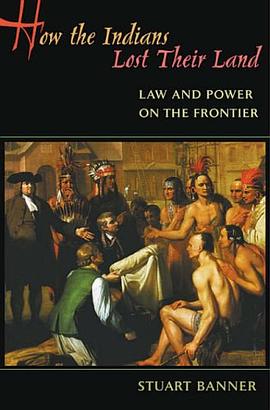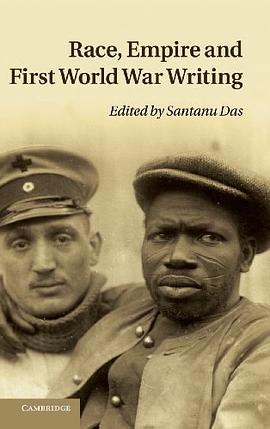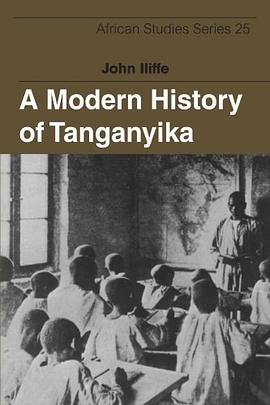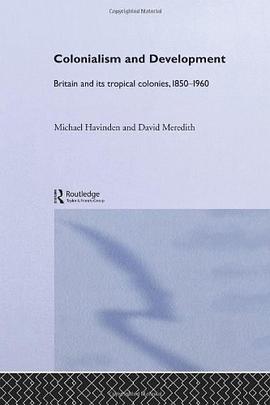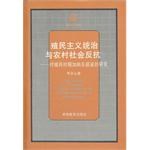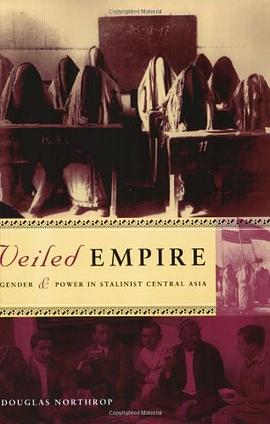

具体描述
Drawing on extensive research in the archives of Russia and Uzbekistan, Douglas Northrop here reconstructs the turbulent history of a Soviet campaign that sought to end the seclusion of Muslim women. In Uzbekistan it focused above all on a massive effort to eliminate the heavy horsehair-and-cotton veils worn by many women and girls. This campaign against the veil was, in Northrop's view, emblematic of the larger Soviet attempt to bring the proletarian revolution to Muslim Central Asia, a region Bolsheviks saw as primitive and backward. The Soviets focused on women and the family in an effort to forge a new, "liberated" social order.This unveiling campaign, however, took place in the context of a half-century of Russian colonization and the long-standing suspicion of rural Muslim peasants toward an urban, colonial state. Widespread resistance to the idea of unveiling quickly appeared and developed into a broader anti-Soviet animosity among Uzbeks of both sexes. Over the next quarter-century a bitter and often violent confrontation ensued, with battles being waged over indigenous practices of veiling and seclusion. New local and national identities coalesced around these very practices that had been placed under attack. Veils became powerful anticolonial symbols for the Uzbek nation as well as important markers of Muslim propriety. Bolshevik leaders, who had seen this campaign as an excellent way to enlist allies while proving their own European credentials as enlightened reformers, thus inadvertently strengthened the seclusion of Uzbek women-precisely the reverse of what they set out to do. Northrop's fascinating and evocative book shows both the fluidity of Central Asian cultural practices and the real limits that existed on Stalinist authority, even during the ostensibly totalitarian 1930s.
Editorial Reviews
Review
"Veiled Empire is a tour de force of research, based as it is on a thorough and pioneering search of Moscow and Uzbek archives. Douglas Northrop's proficiency in languages and vast knowledge of several different historiographies make this a stunning achievement."-Lynne Viola, University of Toronto
"In Veiled Empire, Douglas Northrop masterfully analyzes a wealth of archival information from Uzbekistan, made accessible after the collapse of the USSR, on arguably one of Stalin's most celebrated revolutionary campaigns in Central Asia. Veiled Empire is a path-breaking and highly sophisticated work that carefully unpacks the events surrounding what came to be a highly symbolic piece of female clothing, to explore much deeper contestations over power and identities and to demonstrate the limits of Soviet power as well as the pull of changing loyalties through time. It is a most welcome addition to the growing body of literature on the analytical history of Soviet rule in post-independence Uzbekistan."-Nazif Shahrani, Indiana University
"Few doubt that Central Asia labors under a Soviet legacy, but precisely what that legacy is remains elusive. Northrop goes a long way toward reconstructing a key piece of it: the history of the Bolsheviks' effort to uproot the old and impose the new on the Muslim population of Uzbekistan between 1917 and 1941."-Foreign Affairs 83:3, May/June 2004
"Northrop shows how, in the Soviet case, there simply was not enough modernization for modernity. The din of factory machinery, sirens and barking loudspeakers, which Soviet artists celebrated in the 1920s, did not reach the quiet, dusty streets of Uzbekistan. . . . Northrop finds a colonial empire obscuring imperialist policies under the cloak of decolonization."-Kate Brown, Times Literary Supplement, April 8, 2005
"Veiled Empire contributes a lot to a more proper understanding of Soviet power in practice. It provides a remarkably deep insight into the inherent dynamics of Soviet power and gender relations in Uzbekistan during the first two decades of its existence."-Reinhard Eisner, Nationalities Papers 32(2), September 2004
"Douglas Northrop's Veiled Empire: Gender and Power in Stalinist Central Asia, a new study of Bolshevik cultural revolution in Central Asia, displays a thorough familiarity with the newly opened Russian and Uzbek-language archives, theoretical sophistication, historiographic erudition, and attention to everyday life. It offers the mold-breaking analysis of cultural change in Central Asia for the Soviet period that Adeeb Khalid's The Politics of Muslim Cultural Reform offered for the Imperial period. . . . Much of Veiled Empire explores subaltern resistance and the state's response-policing its native agents, constructing a punitive legal system, and intruding into the private sphere. . . . Veiled Empire. . . an important book for those interested in Central Asia and Soviet imperialism, and in the clash of modernity and tradition, especially over gender. As Northrop reminds us, the veil has remained a potent point of contestation between secular states and Muslim cultures. . . . Northrop. . . provides a detailed, compelling, and thoughtful analysis of the hujum, and it should become the authoritative work on the subject."-Matthew J. Payne, The Journal of The Historical Society, IV: 2, 2004
"The author's very balanced conclusion that this Soviet 'atypical empire' was both colonized and modernized is based on extensive archival studies and soundly demonstrates that coercive modernization is a failure. Summing Up: Recommended."-A.V. Isaenko, Appalachian State University, Choice, September 2004
"Veiled Empire takes, as its central subject, an article of clothing: the head-to-toe covering worn by Uzbek women. A horsehair mesh veil masks the face, while cotton cloth loosely envelops the hair and body. I had the opportunity to don an antique Uzbek veil, and can attest to the fact that it is a hot, heavy, cumbersome garment, no doubt even for women used to wearing this cloak from the time of early adolescence. Douglas Northrop traces the multivalent meanings attached to this garment from various vantage points, including Bolshevik activists in both the center and the periphery, veiled and unveiled Uzbek women, Uzbek men, and the Muslim clerical establishment. . . . Northrop's book is among the most sophisticated contributions to a growing body of literature rooted in the non-Russian areas of the USSR. . . . He evinces a breadth of knowledge and a subtle argumentation that sets a new standard in this underdeveloped field. Cornell University Press deserves commendation for putting out a book generously illustrated by photographs and maps, and enhanced by the author's interesting bibliographic essay and unabridged translation of a sample archival document."-Paula A. Michaels, Canadian Journal of History, April 2005
作者简介
Douglas Northrop is Assistant Professor of History at the University of Georgia.
目录信息
读后感
评分
评分
评分
评分
用户评价
《Veiled Empire》所构建的那个世界,不仅仅是一个简单的背景设定,而是一个有生命、有呼吸的有机体。作者通过对历史、文化、宗教等多个维度的深入挖掘,创造了一个令人信服且充满想象力的架空世界。我能感受到作者在细节上的严谨与考究,无论是服饰的描绘,还是建筑的风格,亦或是社会阶层的划分,都力求真实而富有层次感。
评分刚拿到《Veiled Empire》这本书,就被它那复古而又充满神秘感的封面深深吸引了。封面上那模糊不清的城垣轮廓,以及隐约可见的古老符号,仿佛在诉说着一个遥远而未知的国度。翻开书页,一股淡淡的纸墨香扑面而来,让我瞬间沉浸其中。作者的文字功底着实了得,开篇便描绘了一个宏大且细腻的世界观,让我立刻被代入,迫不及待地想要探索这个“面纱下的帝国”究竟隐藏着怎样的秘密。
评分读《Veiled Empire》的过程,就如同在迷雾中寻路,每一步都充满了惊喜与挑战。作者巧妙地运用了大量意象化的语言,将那些抽象的概念具象化,使得整个故事脉络清晰而不失深度。我尤其欣赏作者在人物塑造上的独具匠心,每一个角色都有其鲜明的个性和复杂的内心世界,他们的命运交织在一起,共同构建了一个庞大而引人入胜的叙事网络。
评分《Veiled Empire》的语言风格极其独特,既有史诗般的厚重感,又不失现代的流畅性。作者善于运用反差和对比,营造出强烈的戏剧张力。我尤其喜欢他对于环境描写的细腻,那些文字仿佛自带画面感,让我能够清晰地想象出那个神秘国度的每一个角落。
评分这本书给我带来的最大震撼,莫过于其所蕴含的深沉情感。在那些宏大的历史背景和激烈的冲突之下,隐藏着一个个鲜活的个体,他们的爱恨情仇、悲欢离合,都深深地触动了我。作者对情感的捕捉和表达,是如此真实而动人,让我忍不住为书中角色的命运而揪心。
评分阅读《Veiled Empire》,仿佛置身于一个古老而失落的文明之中,跟随主人公一同经历着冒险、探索与成长。作者在节奏的把控上非常到位,时而惊心动魄的危机,时而细腻入微的情感描写,都让我的情绪随着故事的发展而跌宕起伏,欲罢不能。
评分坦白说,初读《Veiled Empire》时,我曾对其中复杂的政治斗争和多线叙事感到些许困惑。但随着阅读的深入,我逐渐体会到作者的用意。他通过这些错综复杂的人物关系和事件冲突,勾勒出一个真实而残酷的权力斗争场面,同时也展现了在极端环境下人性的光辉与黑暗。
评分《Veiled Empire》不仅是一部精彩的故事,更是一次关于勇气与希望的歌颂。在那个充满挑战和未知的世界里,总有那么一些人,怀揣着坚定的信念,不畏艰难,勇往直前。他们的故事,给予了我深刻的启示,让我相信,即使身处黑暗,光明也终将到来。
评分读完《Veiled Empire》,我久久不能平静。这本书带给我的不仅仅是阅读的乐趣,更是一种对未知的好奇,对历史的敬畏,以及对人性的深刻理解。它像一扇窗,让我得以窥见一个前所未有的世界,也让我对自己的内心有了更深的认识。这是一本值得反复品读、细细体会的佳作。
评分《Veiled Empire》这本书最让我着迷的地方在于它所探讨的那些深刻的哲学命题。作者并没有直接给出答案,而是通过故事的展开,引导读者去思考关于权力、信仰、人性以及命运的本质。这种引人深思的写作方式,让这本书不仅仅是一部娱乐作品,更是一次心灵的洗礼。
评分论文
评分论文
评分论文
评分论文
评分论文
相关图书
本站所有内容均为互联网搜索引擎提供的公开搜索信息,本站不存储任何数据与内容,任何内容与数据均与本站无关,如有需要请联系相关搜索引擎包括但不限于百度,google,bing,sogou 等
© 2026 book.quotespace.org All Rights Reserved. 小美书屋 版权所有

